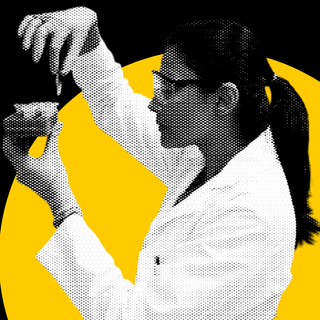In a wholesome judgment, the Madras High Court took into account the emotional bond between an elephant and her caretaker, Sheik Mohammed, and prevented authorities from separating them, despite the caretaker not having requisite permissions for her custody.
The elephant, Lalitha, has been in the custody of her caretaker for over two decades now, after he purchased her in 2000. His request for an ownership certificate, pending from 2002, was rejected by the authorities in 2020. The state wildlife department began seeking custody of Lalitha, citing the Wildlife Protection Act.
The court adopted an approach taken in disputes regarding child custody, and focused on how the judgment might affect the emotional well-being of the elephant. “Lalitha has been accustomed to a certain lifestyle all these years… Removing her from the petitioner’s custody is sure to inflict a deep psychological wound… [and] forcible relocation in alien surroundings is sure to traumatize her,” Justice G.R. Swaminathan noted in his judgment, adding that “elephants are known to be sensitive and possessed of self awareness” and experience “feelings of love, grief and compassion.”
Related on The Swaddle:
Uttarakhand Plans to Revoke Protections for 5,400‑Sq Km Elephant Reserve to Make Way for Airport Expansion
The court found that Lalitha isn’t used for begging by her caretaker, and that her “dignity is maintained.” Instead, she is taken to religious functions at local temples, where people pay for her “majestic participation.”
Veterinarians appointed by the authorities had certified that the elephant was being taken care of adequately by the petitioner. But in order to ensure that she was adequately cared for, the judge also initiated a surprise inspection to her abode. He found that not only was the elephant “happy and healthy,” but was also well-fed, not chained at all, and free of any injury marks whatsoever.
Emphasizing on the peculiarity of the case, Justice Swaminathan remarked: “Just solutions to legal issues may sometimes lie outside the formal statutory framework. Judges should therefore boldly think outside the box and not feel inhibited or timid.”




